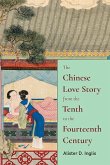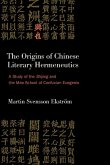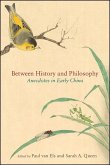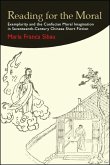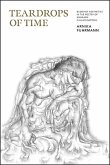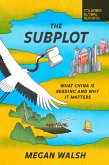In this book, Ruth Y. Y. Hung provides a study of Hu Feng (1902-1985) as a critic, writer, and editor within the context of the People's Republic of China's political ascendancy. A member of the Japanese Communist Party and the Chinese Communist Party, Hu rose to fame in the 1940s and became a representative persecuted intellectual soon after 1949. "The Hu Feng Case" of 1955-more than a decade before the Cultural Revolution-was a significant, large-scale campaign of intellectual persecution. Hung examines Hu's work as a literary critic in this context, and examines the intricate historical and sociopolitical forces against which intellectuals in his milieu in twentieth-century China adopted Marxism as a measure of their critical position. She demonstrates how this first generation of modern Chinese literary critics practiced criticism, examining the skills and arguments they used to negotiate their institutional and ideological relations with state-party power. This exceptional case of intellectual engagement offers broader insight on critical literature's humanistic aims and methods in the context of intellectual globalization and changing political climates.
Dieser Download kann aus rechtlichen Gründen nur mit Rechnungsadresse in A, D ausgeliefert werden.



